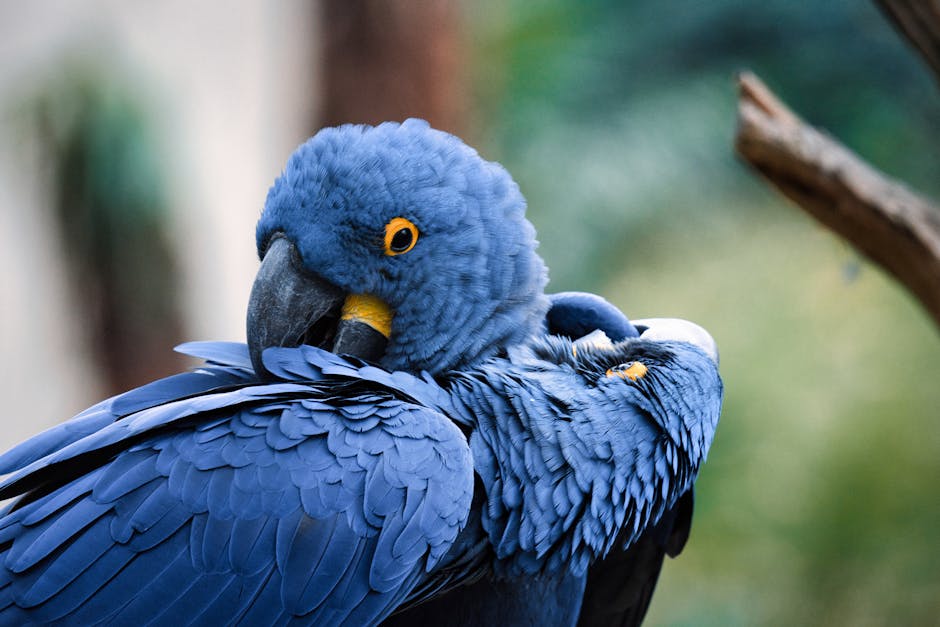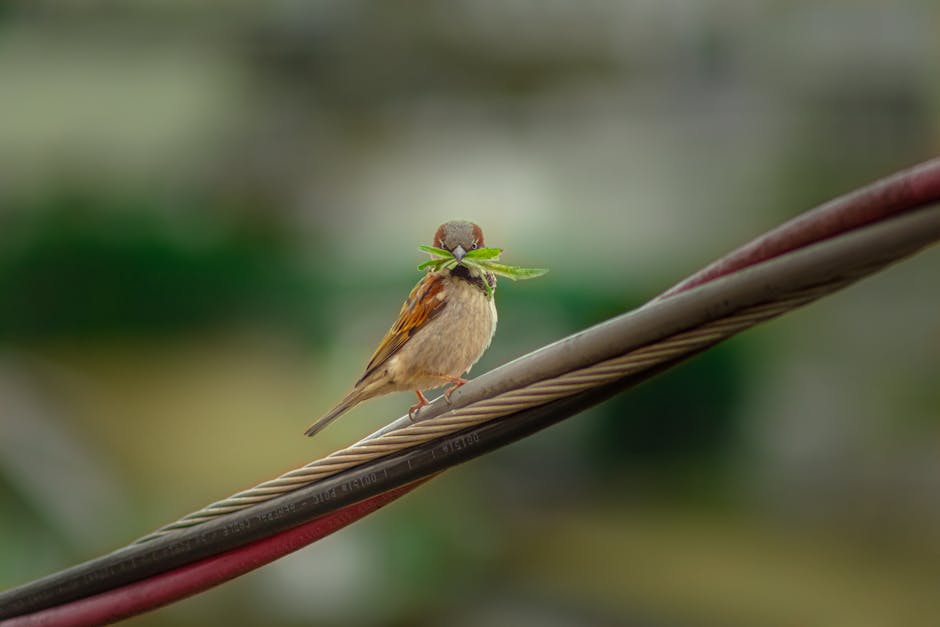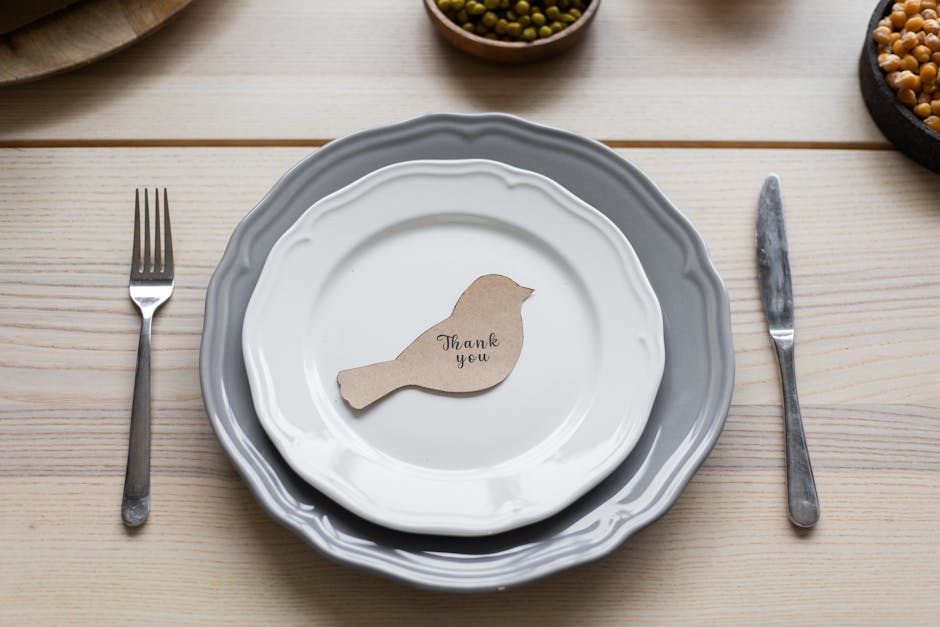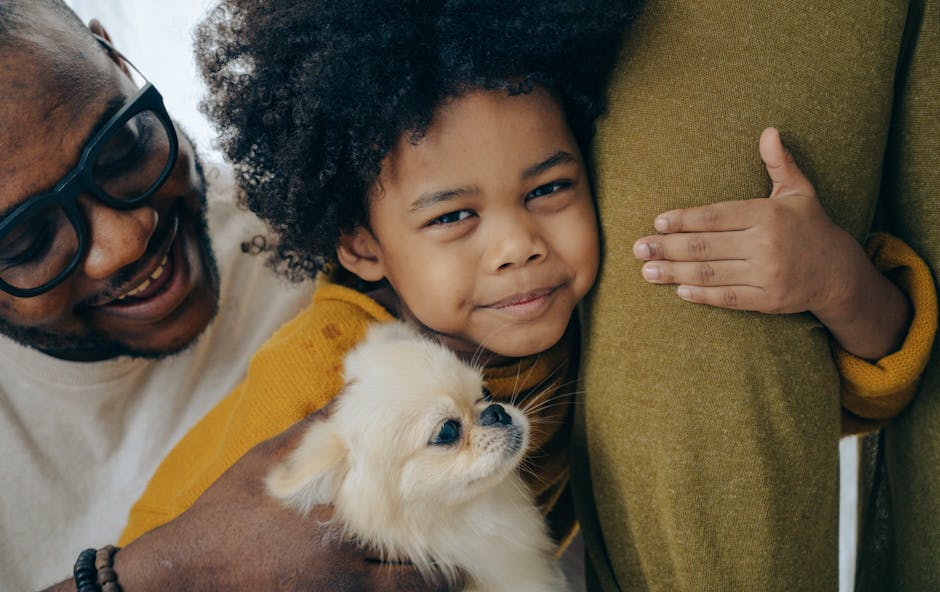Introduction: Understanding Bird Biting and Promoting a Harmonious Relationship

Birds captivate us with their vibrant feathers, melodious songs, and captivating personalities. However, it’s no secret that some birds have a tendency to bite. Whether you’re an experienced bird owner or considering bringing a feathered friend into your home, understanding the reasons behind bird biting and how to prevent it is crucial for fostering a harmonious relationship.
Exploring the Natural Behavior of Birds
Biting is a natural behavior for birds, rooted in their evolutionary adaptation of using their beaks for various purposes. In the wild, birds use their beaks to explore their surroundings, defend themselves from predators, and establish dominance within their flock. However, when birds become pets, their biting behavior can become problematic if they lack proper training and socialization.
Unraveling the Reasons for Biting
Several factors contribute to biting tendencies in birds. Fear can trigger biting when birds feel threatened or cornered. Aggression may arise from territoriality or hormonal changes, particularly during breeding seasons. A lack of socialization can also result in biting behavior, as birds may not have learned appropriate ways to interact with humans or other pets.
The Role of Boredom and Frustration
Biting can also stem from boredom and frustration. Birds are intelligent creatures that crave mental stimulation. When they feel understimulated, they may resort to biting as a form of entertainment or attention-seeking behavior. Additionally, discomfort or pain, such as from an injury or illness, can lead to biting as a defensive reaction.
Nurturing a Harmonious Bond
To prevent biting and establish a harmonious bond with your feathered companion, it’s essential to address the underlying causes and provide appropriate training and enrichment. Creating a positive environment where your bird feels safe, secure, and mentally stimulated is key.
Identifying the Reasons for Biting

Understanding the reasons behind biting behavior in birds is crucial for addressing and preventing this issue. Here are key factors that contribute to biting behavior:
Instinctual Behavior
Birds have a natural instinct to use their beaks for exploration, communication, and defense. Biting may occur when a bird feels threatened or wants to establish dominance. While biting is a natural behavior, it can be modified through training and proper handling.
Fear or Anxiety
Birds may resort to biting when they feel scared or stressed. Changes in their environment, handling, or interactions with unfamiliar people or animals can trigger fear and anxiety, leading to biting behavior. Identifying and addressing the root cause of their fear or anxiety is essential for helping birds overcome biting tendencies.
Lack of Socialization
Proper socialization is crucial for birds to feel comfortable and confident around humans and other animals. Birds that haven’t been adequately socialized may exhibit biting behavior as a result of fear or discomfort. Gradual exposure to different experiences, positive reinforcement, and patience can help birds overcome their fear and develop trust.
Hormonal Changes
Certain hormonal changes, such as during breeding seasons, can cause increased aggression and biting in some bird species. The surge in hormones can affect their behavior and temperament, making them more prone to biting. Providing a calm and stable environment, along with appropriate veterinary care, can help alleviate hormonal imbalances and reduce biting tendencies.
Pain or Discomfort
Birds may resort to biting if they are experiencing physical discomfort or pain. Injuries, illnesses, or improper handling can cause birds to bite as a way to protect themselves or communicate their discomfort. Regular veterinary check-ups and ensuring a safe and comfortable environment are essential for preventing biting behaviors caused by pain or discomfort.
Attention-Seeking Behavior
Some birds may learn that biting gets them attention, even if it’s negative attention. They may resort to biting as a way to interact or communicate their needs. It’s important to avoid reinforcing biting behavior by providing alternative ways for birds to seek attention, such as through positive interactions, play, and rewards for good behavior.
Lack of Mental and Physical Stimulation
Boredom or insufficient mental and physical stimulation can lead to frustration and biting in birds. Birds require engaging activities, toys, and regular out-of-cage time to fulfill their natural instincts and prevent boredom. Providing a stimulating environment enriched with toys, puzzles, and opportunities for social interaction can reduce biting tendencies and promote healthier behavior.
Previous Reinforcement
If a bird has been rewarded for biting in the past, either intentionally or unintentionally, it may continue this behavior as it has learned that biting leads to a desired outcome. Consistent training techniques focused on positive reinforcement, along with redirecting biting behavior to appropriate alternatives, can help reshape their behavior patterns.
Understanding the underlying reasons for biting behavior in birds is essential for developing effective strategies to address and prevent it. By addressing these factors through proper training, socialization, environmental enrichment, and positive reinforcement, bird owners can establish a harmonious and nurturing relationship with their feathered companions.
3. Tips for Training Your Bird to Stop Biting

Establish a Strong Bond
Building a strong bond with your bird is crucial in addressing and preventing biting behavior. Here’s how you can establish a positive relationship:
- Quality Time: Dedicate regular, uninterrupted sessions to interact with your bird. This builds trust and familiarity.
- Gentle Interactions: Approach your bird calmly, speaking in a soft, soothing tone. Avoid sudden movements or loud noises that may startle or stress your feathered friend.
- Positive Associations: Offer treats, favorite toys, or gentle petting during bonding sessions to reinforce the bond between you and your bird.
Use Positive Reinforcement
Positive reinforcement is an effective method to encourage desired behaviors and discourage biting. Follow these tips:
- Reward Good Behavior: Promptly reward positive actions, such as stepping up onto your hand or interacting calmly, using treats, praise, or favorite toys.
- Consistency is Key: Be consistent in your rewards to reinforce desirable behaviors.
- Ignore Biting Behavior: Avoid reacting negatively or giving attention when your bird bites. Ignoring biting helps prevent unintentionally reinforcing it.
Create a Stimulating Environment
Providing a positive and stimulating environment for your bird is essential for its well-being and reducing biting tendencies. Consider these tips:
- Spacious and Stimulating: Ensure your bird has enough space to move around comfortably. Provide a variety of toys, perches, and activities to keep it mentally engaged.
- Balanced Diet: Offer a well-balanced diet that meets your bird’s nutritional needs. Consult an avian veterinarian for guidance.
- Maintain Cleanliness: Regularly clean the cage, food and water dishes, toys, and perches to promote good health and prevent stressors.
Avoid Punishment
Using punishment or forceful techniques can have negative consequences and worsen biting behavior. Instead, focus on positive reinforcement and redirection:
- No Physical Punishment: Avoid any form of physical harm or force.
- Redirect Attention: Gently redirect your bird’s attention to more appropriate activities or behaviors when it bites.
- Consistency and Patience: Training takes time and patience. Be consistent in your approach, using positive reinforcement and redirection.
By following these tips and being patient and consistent, you can train your bird to reduce or eliminate biting behavior. Adapt these strategies to suit your bird’s individual needs and personality.
Word Count: 290

4. Alternatives to Traditional Training

Use Toys and Puzzles
Introducing bird-specific toys and puzzles can redirect biting behavior and provide mental stimulation:
- Choose Appropriate Toys: Select puzzle feeders, foraging toys, and shreddable toys that cater to your bird’s natural instincts.
- Rotate Toys: Regularly rotate toys to maintain your bird’s interest and prevent boredom.
- Ensure Safety: Inspect toys for small parts that can be swallowed or pose a choking hazard. Replace worn-out toys.
Provide Mental Stimulation
Offer a diverse range of activities to keep your bird engaged and reduce biting tendencies:
- Interactive Play Sessions: Set aside dedicated time for interactive play using toys, games, and positive reinforcement.
- Positive Reinforcement Training: Teach tricks and commands, rewarding your bird with treats and praise.
- Environmental Enrichment: Introduce new toys, rotate cage accessories, and arrange playdates with other birds (if appropriate).
Create a Safe Place
Establishing a designated safe space helps reduce biting behavior:
- Quiet and Secluded Area: Designate a quiet area where your bird can retreat when overwhelmed or stressed.
- Comfortable Enclosure or Cage: Provide a secure enclosure or cage with appropriate perches, toys, and enrichments.
- Sense of Security: Make the safe place inviting with familiar items and create a calm atmosphere using soft music or white noise.
By implementing these alternatives, you can create a stimulating and secure environment, reducing biting tendencies and fostering a positive bird-owner relationship.
[Word Count: 201]
Conclusion: Cultivating a Harmonious Bird-Owner Relationship

Understanding the underlying causes of biting behavior is crucial for bird owners seeking to establish a positive bond with their feathered companions. By identifying these reasons, owners can employ effective strategies to train their birds and foster a harmonious bird-owner relationship.
Throughout this article, we have explored various factors that contribute to biting, such as fear, aggression, boredom, hunger, and discomfort. Recognizing these underlying causes enables bird owners to tailor their training methods and create an environment that suits their avian friends’ needs.
To cultivate a positive bird-owner relationship and discourage biting behavior, it is essential to build a strong bond with your bird. Regular interaction, gentle handling, and patient training sessions help establish trust and companionship while reducing biting incidents. Remember that modifying your bird’s behavior requires patience and consistency, and noticeable improvements may take time to manifest.
Positive reinforcement techniques play a vital role in bird training. Rewarding desirable behavior with treats, praise, or attention encourages non-biting behavior. Additionally, socialization is key to developing a well-rounded bird personality and minimizing aggression. Introducing your bird to various people, animals, and environments helps reduce fear-based biting.
Preventing biting behavior also involves proper handling and understanding your bird’s body language. Approach your bird calmly, avoiding sudden movements, and learn to interpret signs of discomfort or agitation. Respecting your bird’s boundaries and responding appropriately minimizes situations that trigger biting.
Incorporating alternative training methods can be beneficial. Toys, puzzles, and ample mental stimulation redirect your bird’s focus, alleviating boredom and frustration. Designating a safe retreat for your bird when overwhelmed also reduces biting incidents.
Regular exercise and playtime are essential for your bird’s overall well-being. Providing physical and mental stimulation prevents biting due to boredom or pent-up energy.
If biting behavior persists or worsens despite your efforts, seeking professional help from a certified avian behaviorist or a veterinarian with avian expertise is recommended. These professionals offer tailored guidance and solutions for specific behavioral issues.
Avoid punitive measures or negative reinforcement when addressing biting behavior. Yelling, hitting, or scolding your bird worsens the behavior and damages the trust and bond between you and your feathered companion.
In conclusion, cultivating a harmonious bird-owner relationship is paramount in preventing biting behavior. By understanding the reasons behind biting, employing appropriate training techniques, and nurturing a supportive environment, you can foster a lifelong companionship with your avian friend. Patience, consistency, and positive reinforcement guide your bird toward desirable behaviors and minimize biting incidents. Remember, building a positive bird-owner relationship based on trust, respect, and understanding forms the foundation for a fulfilling partnership with your feathered companion.
Frequently Asked Questions
1. How can I get my bird to stop biting?
To get your bird to stop biting, it’s essential to address the underlying causes and employ positive training techniques. Spend quality time with your bird, establish a strong bond, and use positive reinforcement to reward good behavior. Avoid reacting negatively to biting and redirect your bird’s attention to more appropriate activities. Consistency, patience, and creating a stimulating environment are key to reducing biting tendencies.
2. Why is my bird biting me?
Birds may bite for various reasons, including fear, anxiety, lack of socialization, hormonal changes, pain or discomfort, attention-seeking behavior, or boredom. Identifying the specific cause of your bird’s biting behavior is crucial in addressing and preventing it. Observe your bird’s body language and environment to determine possible triggers and seek professional help if needed.
3. How can I build trust with my biting bird?
Building trust with a biting bird requires patience and positive reinforcement. Spend dedicated time interacting with your bird, approach it calmly and gently, and use treats, toys, and praise to reward non-biting behavior. Avoid punishment or forceful techniques, as they can worsen the biting behavior and erode trust. Consistency and understanding your bird’s body language are essential in establishing a strong bond.
4. Can I stop my bird from biting entirely?
While it’s challenging to eliminate biting behavior entirely, you can significantly reduce it through proper training and environmental enrichment. Understanding the underlying causes and employing positive reinforcement techniques can discourage biting and promote healthier behavior. However, it’s important to remember that birds have natural instincts and occasional biting may still occur, especially in certain situations or during hormonal changes.
5. What should I do if my bird’s biting behavior persists?
If your bird’s biting behavior persists despite your efforts, seeking professional help from a certified avian behaviorist or a veterinarian with avian expertise is recommended. These professionals can assess your bird’s specific behavior

Leave a Reply